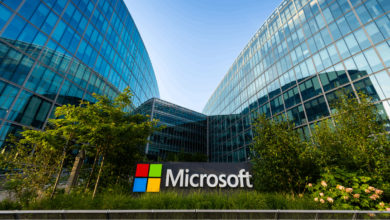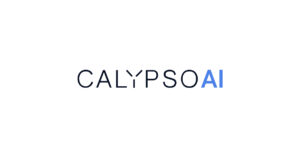Embracing generative AI: K2’s experience

The rapid evolution of generative AI can seem overwhelming, with new models emerging almost daily and reshaping the landscape. Inflexion’s portfolio heard about the experience of K2 from CTO Chris Collins at the recent Data & AI Exchange.
Adaptability has long been key to business resilience and success. The last few years have put many to the test, with the roll-out of ChatGPT 1.5 years ago heralding a new wave of change for businesses to respond to – constantly, given how many providers are iterating at speed.
K2 Partnering Solutions is embracing the innovation and reaping the benefits. The global leader in consultative technology and talent solutions has been backed by Inflexion since 2017 with a number of international acquisitions since then helping to boost its EBITDA CAGR to 30%.
At the end of 2023 K2 appointed Chris Collins as its Chief Technology Officer and AI Consulting Director to lead AI and machine learning strategies for the business and provide AI consulting services to its customers. His 20+ years of experience in the tech industry spans a variety of technology disciplines including cloud computing, mobile, messaging, virtual reality, automation, and AI.
“By embedding AI more deeply into our operations and enhancing our capabilities, we are leading the charge in the industry and offering clients transformative experiences,” he says.
He explains the top language learning models (LLMs) are constantly being updated and improved. For instance, Meta’s Llama 3 was rated the third-best model on the market just 24 hours after its launch, a testament to the increasing intelligence of these models – as well as the sheer number of open-source models hitting the market at accelerating speed.
The changing backdrop means Chris has opted to make K2 platform-agnostic, allowing for easy adaptation to new models as they become available. K2 uses LangChain, a framework designed to simplify the creation of applications using LLMs.
The flexibility is paying off: when OpenAI announced a new version and halved the price, K2 was able to switch to that.
K2’s uses of AI
At K2, embracing generative AI has revolutionised various aspects of the business.
- Streamlining processes: Earlier this year K2 automated the lifecycle of job requirement to candidate selection with AI, helping to streamline processes. This automation not only saves time but also enhances the accuracy and efficiency of recruitment, according to Chris. K2 has also rolled out a virtual AI assistant, akin to a copilot, to over 700 staff members via Google. This ‘K2 Assistant’ leverages existing
- Accessing knowledge: GenAI systems are only as powerful as the knowledge that powers them. One of the standout implementations at K2 is the use of a retrieval augmented generation (RAG). This can search and retrieve unstructured information, for example asking the server to search ‘oil and gas case studies’ from their Salesforce instance. The integration of
- Deploying engineering copilots. “This requires a seismic shift in mindset for engineers, who are typically accustomed to disrupting industries but now must adapt to working collaboratively with AI,” Chris points out. This change management process is crucial to drive adoption and integrate AI into engineering workflows effectively.
- Re-engineering platforms: Training on how to integrate generative AI elements into platforms like Salesforce, SAP and other applications is another area of focus for K2. This involves new ways of thinking about engineering, where traditional challenges such as API overload due to high demand must be managed.
Chris’s enthusiasm for the potential of generative AI on businesses is palpable – not just for the speed and efficiency it can bring, but also for its ability to democratise technical roles. “With these tools, everyone has the potential to become a junior engineer or junior digital marketer, enhancing their skill sets and contributing more effectively to the business.”



